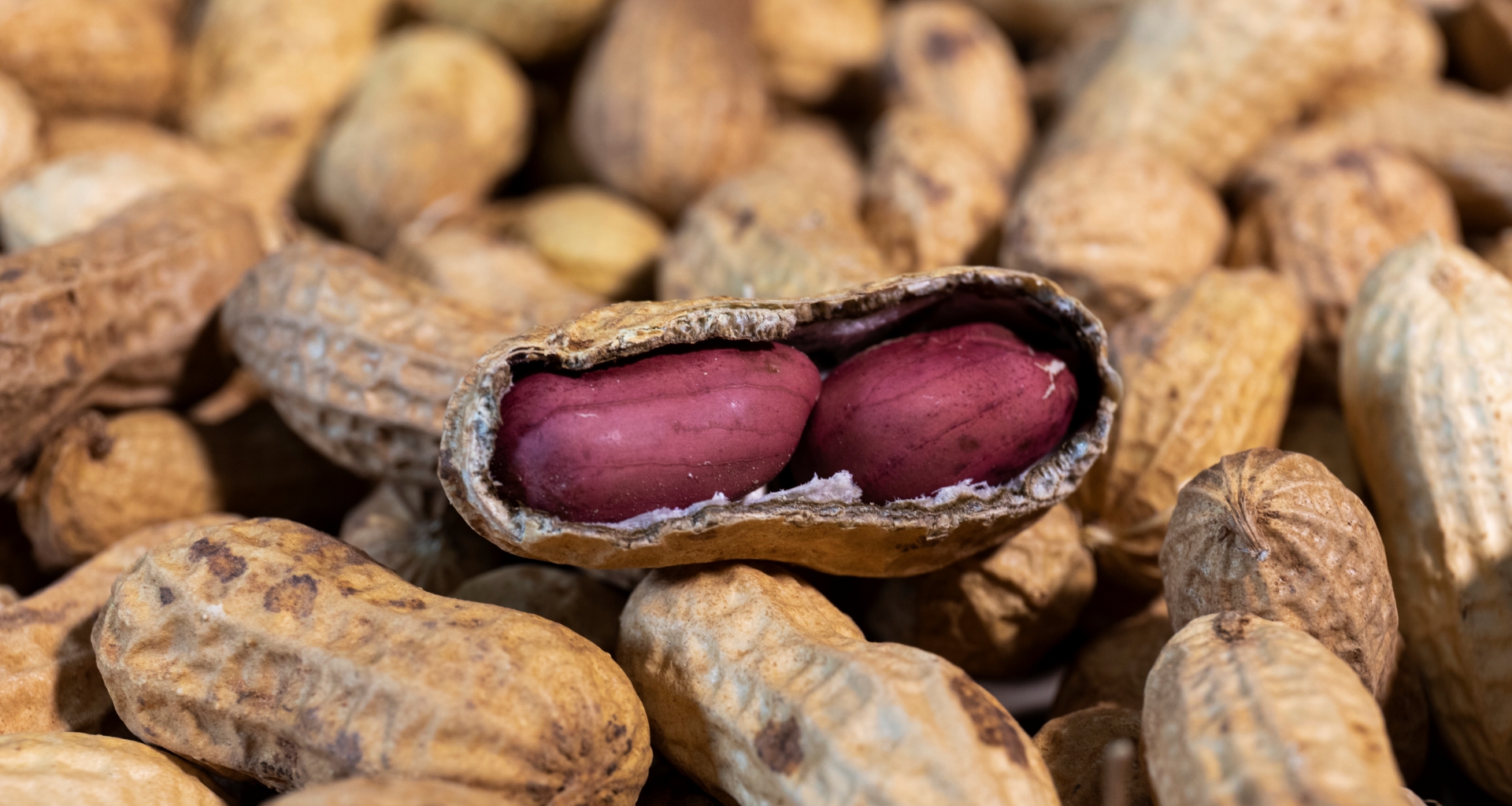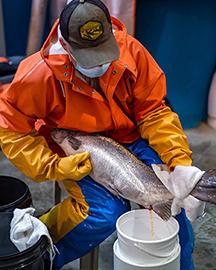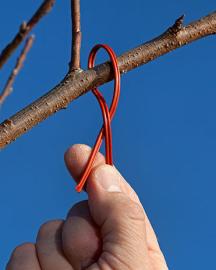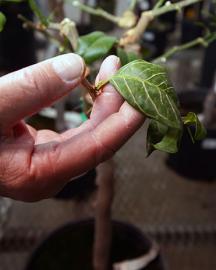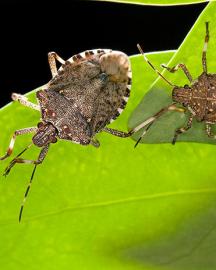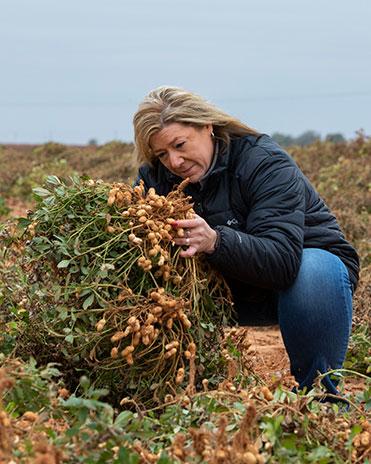
Big, crunchy, flavorful Virginia-type peanuts are a snackable favorite, and ARS scientists at the Wheat, Peanut, and Other Field Crops Research Unit in Stillwater, OK, recently released a new heavyweight to the peanut family. ‘Contender’ is a new Virginia-type peanut that contains high amounts of oleic fatty acids, which can promote cardiovascular health and extend peanut product shelf life. Peanuts normally have a 1.5-to-1 ratio of oleic acid to linoleic acid, but ‘Contender’ has a ratio of 30 to 1.
ARS previously released a high-oleic peanut, but it and similar cultivars didn’t have the market characteristics required by the export market— such as large pods and seeds. ‘Contender’ has large, bright pods (averaging 9 pods per ounce) and a large seed size (up to 3.7 ounces per 100 seeds). Virginia-type peanuts are grown for export on about 35 percent of the peanut acreage in Oklahoma and Texas, and ‘Contender’ was bred specifically to thrive in this region. Its production and export are expected to contribute $20 million annually to the U.S. economy.
Related Information


